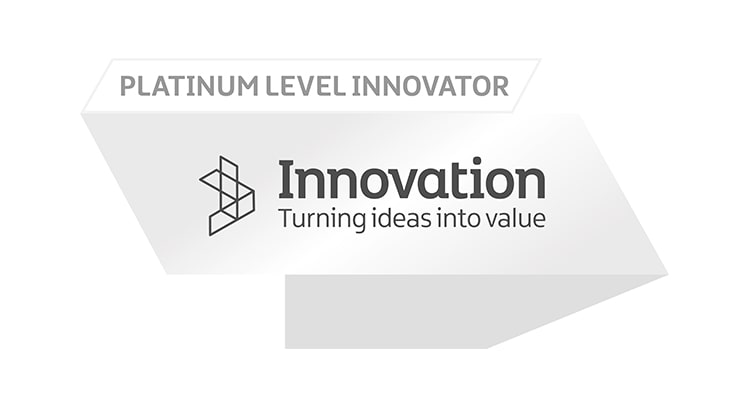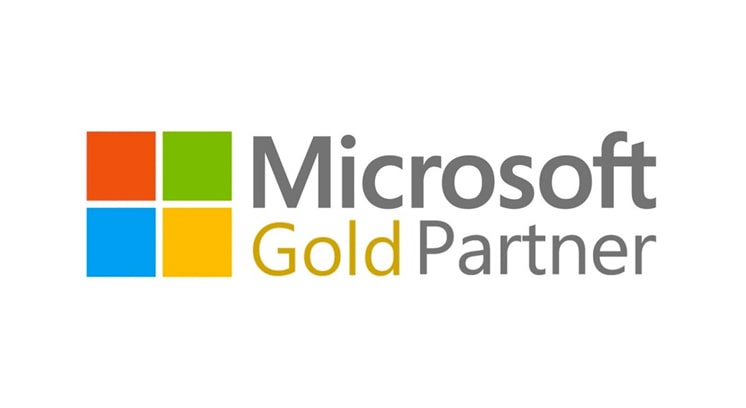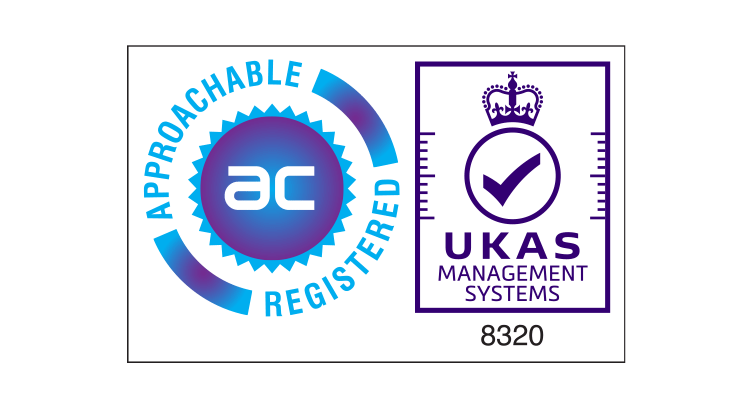Scheduling is a regular feature of an organisation with field service staff, but what does it actually involve? Let’s take a look at the basics of what scheduling really is.
According to the Businessdictionary.com scheduling means:
“Assigning an appropriate number of workers to the jobs during each day of work.”
Not only does it involve assigning field staff to daily work, but it also involves the management of those teams, the jobs, any issues and amendments, all whilst communicating effectively from the office to those out in the field providing the service. It has an extremely important role within a business.
Why do we rely on field service scheduling software? It is essential for large or small organisations, whether you have a complex workforce or a simple set up. Organising your teams to ensure that they are where they need to be is essential. Without a dynamic scheduling solution, it hinders the effective job scheduling that is required to get more out of your mobile workforce. instead of being out in the field, they are wasting time driving back and forth from the office to type up notes or get additional equipment. All because they don’t have full visibility of their working day in advance.
Most field service management scheduling solutions struggle with complex departments and teams who have different scheduling needs, leaving some field teams with no choice but to return to more archaic paper based processes, taking up valuable time that could be spent doing more of the work that matters.

Without an effective scheduling solution that can track mobile workers and schedule using parameters such as proximity, preference and availability, field teams are instead providing untracked services and operating without the foresight that could save them time.
A major issue is communication, without dynamic scheduling, office and field staff are unable to communicate to each other changes in the schedule, job delays and other changes that effect the whole schedule. Instead they have to rely on manual telephone calls or emails to update each other, hardly ideal and can result in missing information and gaps in knowledge – causing issues for customers.
The Current Situation in Scheduling
For many businesses, schedulers use a workload automation tool or similar to organise jobs and daily workloads. Most of these solutions are built into an existing operating system or back office solution, which often results in clunky integrations and problems for end users.
Scheduling co-ordinators are then responsible for managing the jobs and juggling the needs of customers and staff, the current situation sees them without the potential to do more with their field workforces, restricted by these basic solutions that are built with a “one size fits all” approach.
Believe it or not, there are some businesses who are still working without a scheduling software solution at all, instead relying on manual scheduling. This normally looks like a lot of paper, maps and pins stuck on a board. When urgent jobs come in, the scheduler has to re-arrange the whole board and then contact each member of the effected field team. If someone is ill or unavailable, again the whole schedule has to be re-assessed, causing delays for customers and a back log of work.

Finding a scheduling solution that can transform scheduling from a paper based system to an innovative software solution that can manage all of a business’s needs is difficult. But don’t worry, a new way of scheduling is emerging.
The Possibilities Within Scheduling
By using innovative technologies, such as AI, scheduling is growing ever more intuitive. With field service artificial intelligence, businesses can now benefit from a fully dynamic, effective scheduling solution that creates a schedule automatically, whilst taking into consideration the requirements of the business and the mobile workforce, as well as any additional changes within the working day.
That means that when there is a delay, a cancellation or sudden unavailability, the scheduling solution is able to create a new schedule that is optimised for the business. It will take into consideration the important criteria initially set out, for example if your business is trying to cut fuel costs then it will use proximity to the job as a main element in its scheduling process.
When used alongside a mobile workforce management solution, the integration can provide a seamless experience for end users, all their schedule information is conveyed to them instantaneously on their device, any changes can be updated quickly, allowing them to get on with their work with minimal down time.

Choosing and implementing an innovative scheduling solution is vital in ensuring organisations have the best solutions which enable their workforces to do more of the work that matters. Recent innovations in scheduling has seen solutions become more intuitive, requiring less paperwork and manual processes which results in a scheduling solution that benefits and enhances how field staff work.
The future of work sees the need for all businesses to have a scheduling solution that will be able to meet the growing demands of the workplace. Dynamic scheduling that can react to the sudden changes, that is able to scale up or down as it is required without causing a breakdown in communication between the back office and field service teams is essential. Are you ready?
Read our blog, “What is Dynamic Scheduling?”, to learn more about the solution that we offer and all the additional benefits your business can gain.







